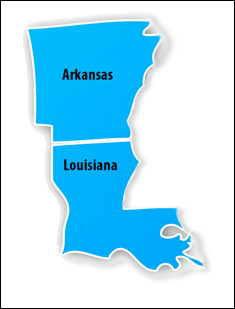With last week’s announcement that Rep. Tom Cotton (R-AR-4) would challenge Sen. Mark Pryor (D), thus setting the Arkansas field for 2014, it is a good time to check the national US Senate picture.
In 2014, 35 Senate races are on tap, including campaigns in Hawaii and South Carolina to affirm political appointments. Of the 35, the following 18 senators currently have little or no pending opposition for 2014:
Jeff Sessions (R-AL), Mark Udall (D-CO), Chris Coons (D-DE), Jim Risch (R-ID), Dick Durbin (D-IL), Pat Roberts (R-KS), Susan Collins (R-ME), Ed Markey (D-MA), Thad Cochran (R-MS), Jeanne Shaheen (D-NH), Tom Udall (D-NM), Jim Inhofe (R-OK), Jeff Merkley (D-OR), Jack Reed (D-RI), Tim Scott (R-SC), Lamar Alexander (R-TN), John Cornyn (R-TX), and Mark Warner (D-VA).
Alaska: Despite the potential of former Gov. Sarah Palin (R) running here, the likely 2014 pairing is first-term incumbent Sen. Mark Begich (D) and Lt. Gov. Mead Treadwell (R). This will be a tight race, but Alaskans don’t often unseat incumbents.
Arkansas: The match is already set – Sen. Mark Pryor (D) vs. Rep. Tom Cotton (R). Arkansas is now trending Republican, but unseating an incumbent – especially one who ran unopposed in the previous election – is never easy.
Georgia: Michelle Nunn (D), the daughter of former Sen. Sam Nunn (D), will be her party’s nominee. The Republican side is a free-for-all among five candidates, all of whom could conceivably win the nomination. The Republican general election candidate should have the advantage, but this primary battle could turn nasty.
Hawaii: Appointed Sen. Brian Schatz is drawing serious Democratic primary opposition from Rep. Colleen Hanabusa. The Dem primary, which must be rated a toss-up, will determine who wins the Continue reading >




